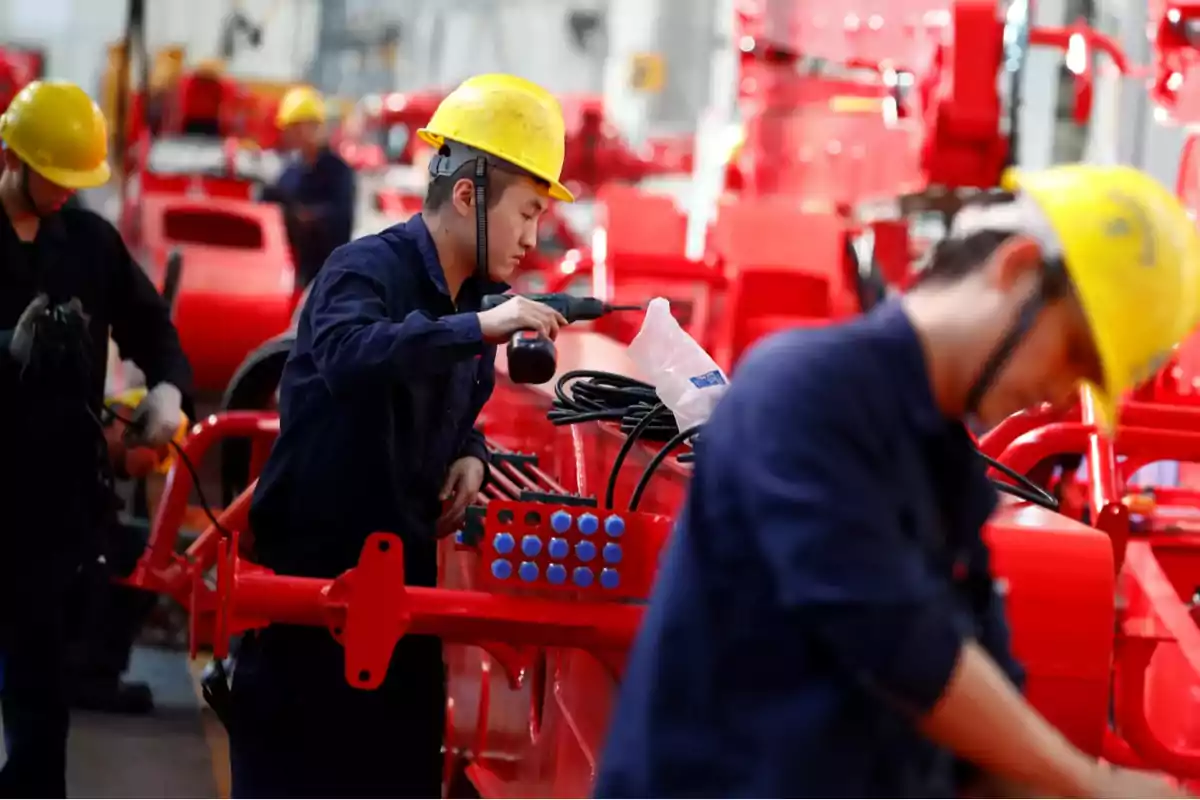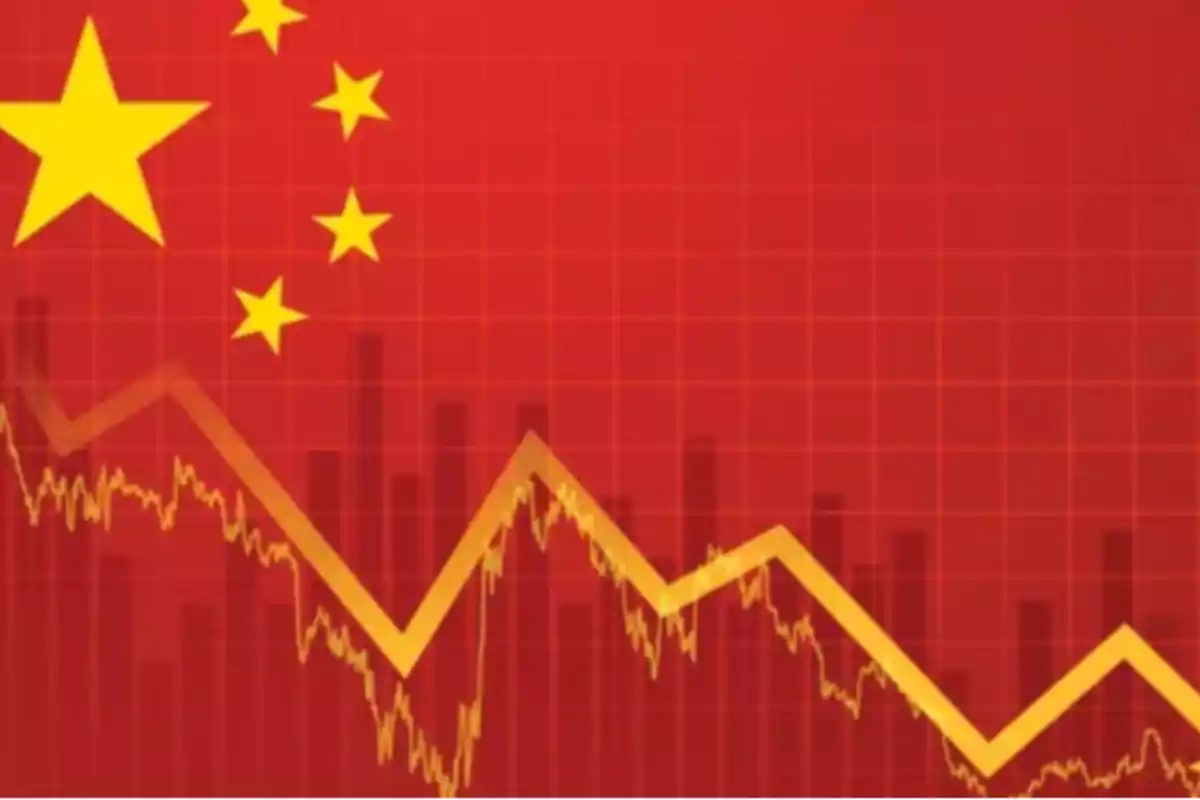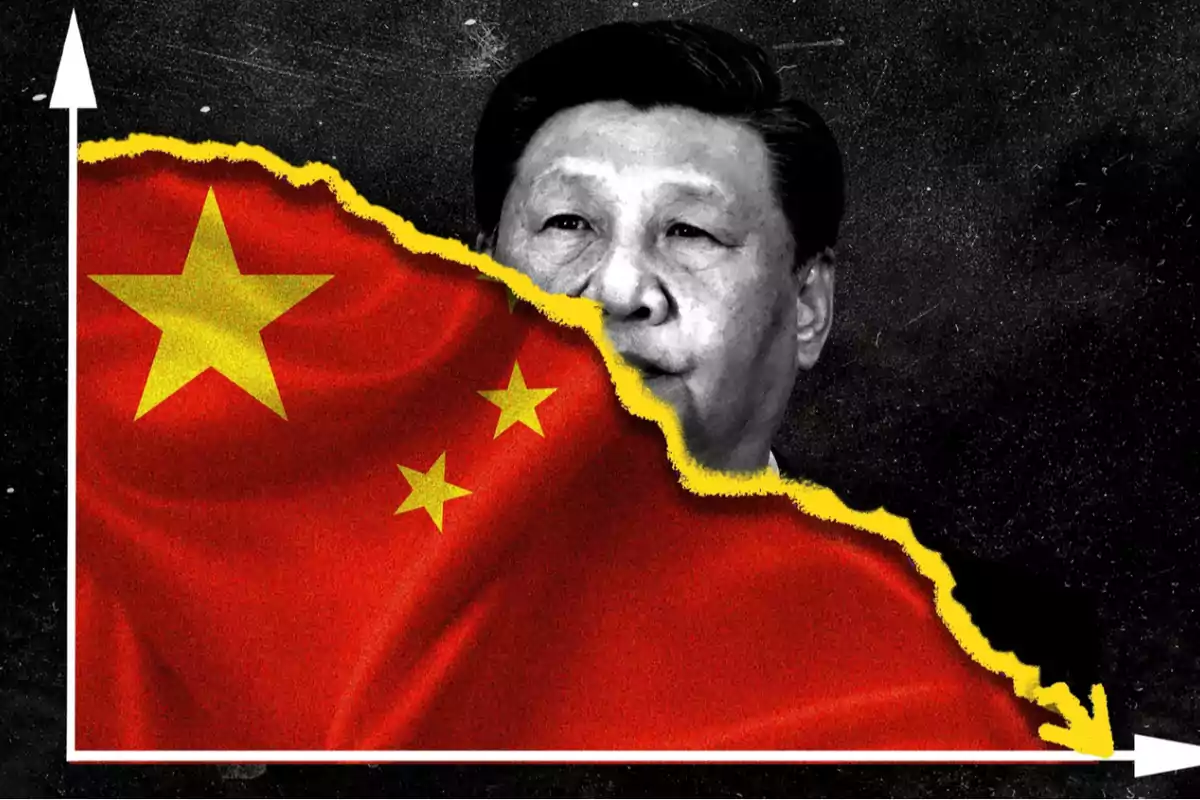
Trade war: China responds with more artificial stimuli to its economy
The government announced a larger budget deficit for 2025, which will reach 4% of GDP.
The government of China announced new fiscal stimulus measures on Wednesday aimed at strengthening consumption and mitigating the effects of the growing trade war with the United States.
The Chinese economy, facing external and internal pressures, maintains its growth target around 5% for 2025.
Beijing strengthens its strategy in a challenging global environment
During the opening of the annual meeting of the Chinese Parliament, Prime Minister Li Qiang warned of a complex and volatile international landscape that could affect key areas such as trade, science, and technology.
"Unprecedented changes in a century are happening worldwide at a faster pace," said Li, referring to the challenges facing the world's second-largest economy.
One of the major pressure factors is the trade war with the United States, led by former President Donald Trump, who has imposed tariffs on several countries, altering the global trade order. This situation affects the Chinese industrial sector, coupled with weakened domestic demand and a real estate sector in crisis.

Consumption becomes a priority for the Chinese government
Li's speech reflected a shift in the country's economic priorities. The word "consumption" was mentioned 31 times, compared to 21 last year, while "technology" appeared 28 times, just above the 26 mentions in 2024.
"For the first time, boosting consumption has been elevated to the top priority among the main tasks of 2025, displacing technology from its usual leading position," explained Tilly Zhang, technology analyst at Gavekal Dragonomics to Reuters.
Although China has been seeking a consumption-based growth model for over a decade, progress has been limited, and investors remain skeptical about a real change in the economic strategy.
Stimulus measures and market reaction
The government announced a larger budget deficit for 2025, reaching 4% of GDP, according to Li Qiang. However, beyond the 300 billion yuan allocated to a subsidy plan for electric vehicles, appliances, and other consumer goods, concrete measures to stimulate household spending were scarce.
"That has succeeded in boosting spending on specific goods, but overall consumption remains weak," noted Harry Murphy Cruise, economist at Moody's Analytics.
The markets reacted positively to the announcements, with the CSI AI Industry index rising 1.1%, the Hang Seng Tech Index increasing 3%, and the discretionary consumption sector advancing 0.6%.

Artificial intelligence and technology, the supposed pillars of China's economic future
Li's speech also highlighted the advancement of artificial intelligence and its application in strategic sectors such as electric vehicles, smartphones, and robotics. The emergence of the Deepseek platform has caused optimism in the Chinese market, reinforcing the country's commitment to leading in technological innovation.
While the Beijing government continues to face structural challenges, the combination of fiscal stimuli and a renewed focus on consumption seeks to balance the economy and reduce dependence on exports and infrastructure investment, although evidence against the success of these measures abounds worldwide.
More posts: